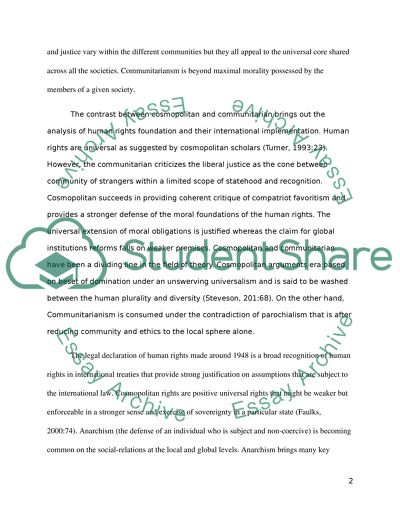Cite this document
(“Globalisation and Communitarian Systems of Citizenship Essay”, n.d.)
Globalisation and Communitarian Systems of Citizenship Essay. Retrieved from https://studentshare.org/sociology/1448246-globalisation-and-multiculturalism
Globalisation and Communitarian Systems of Citizenship Essay. Retrieved from https://studentshare.org/sociology/1448246-globalisation-and-multiculturalism
(Globalisation and Communitarian Systems of Citizenship Essay)
Globalisation and Communitarian Systems of Citizenship Essay. https://studentshare.org/sociology/1448246-globalisation-and-multiculturalism.
Globalisation and Communitarian Systems of Citizenship Essay. https://studentshare.org/sociology/1448246-globalisation-and-multiculturalism.
“Globalisation and Communitarian Systems of Citizenship Essay”, n.d. https://studentshare.org/sociology/1448246-globalisation-and-multiculturalism.


